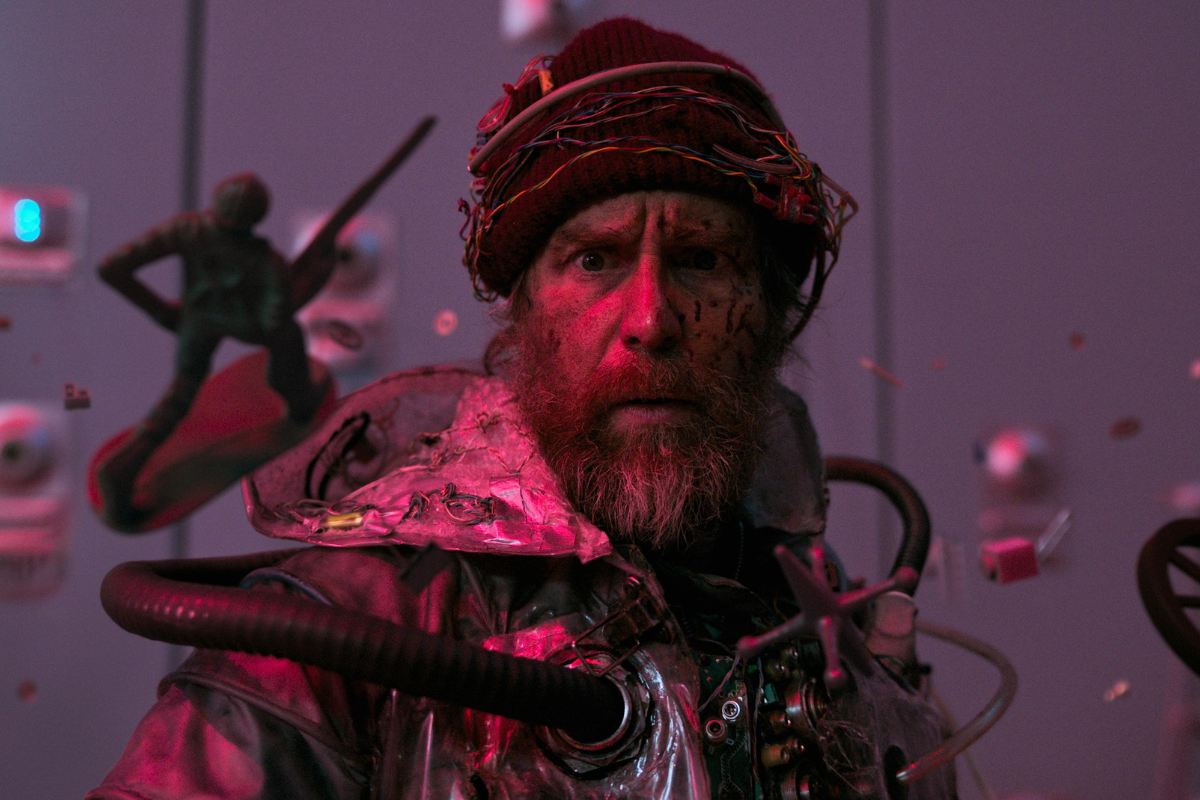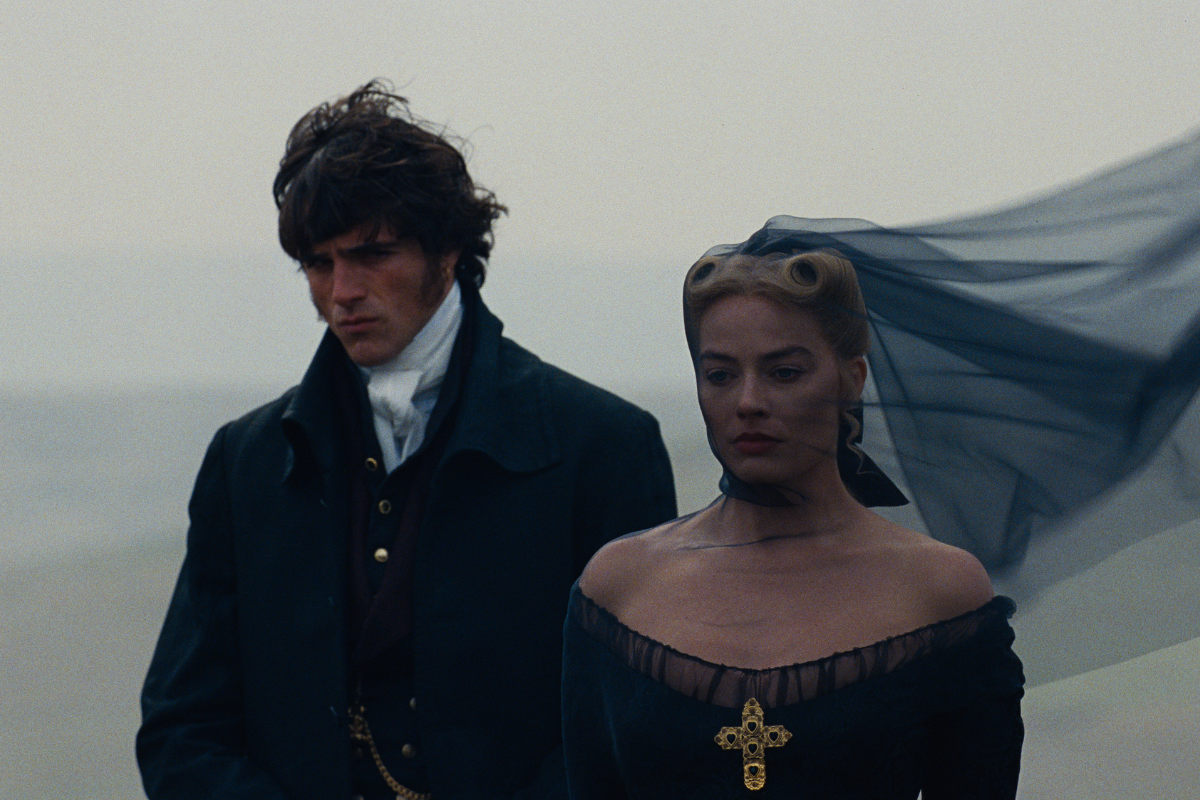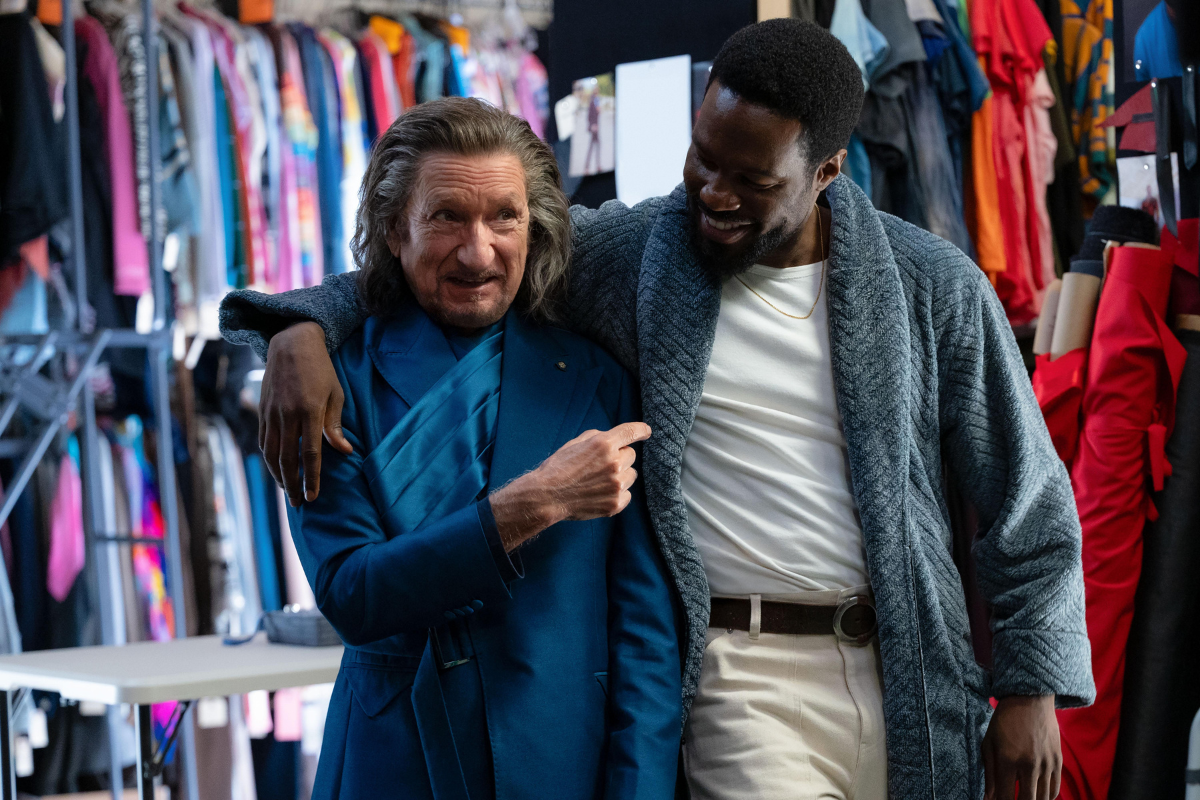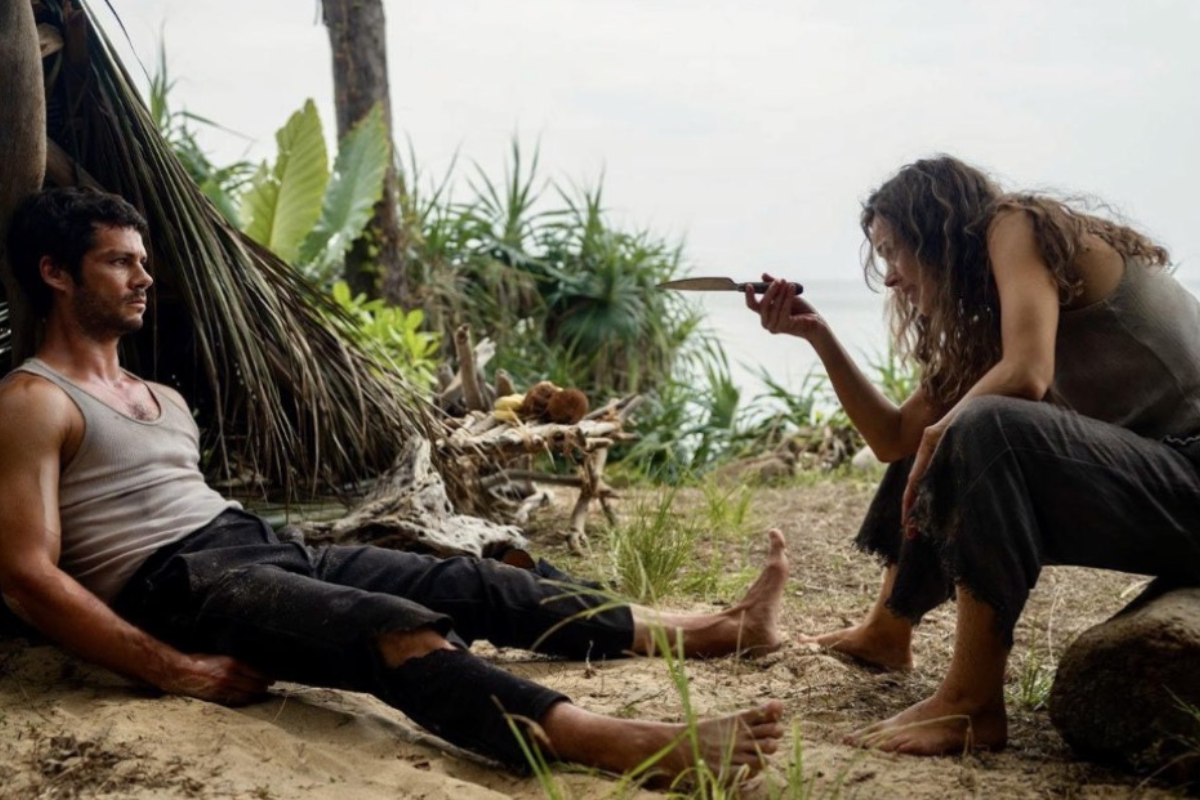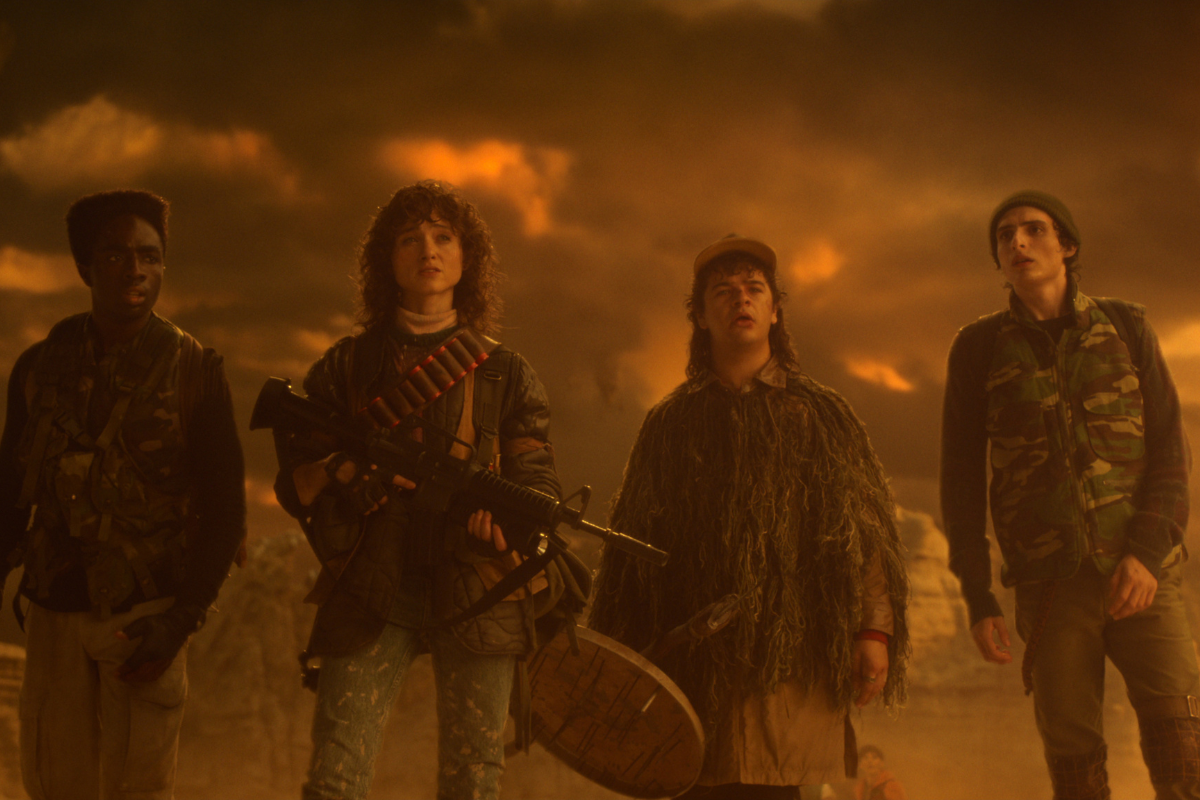20th Anniversary Edition: Callie Khouri Looks Back on Thelma & Louise
Can it really be 20 years since Callie Khouri won the Oscar® for Best Original Screenplay for Thelma & Louise? The Texas native spoke with Script recently to share some insights on the craft, how she has grown as a writer since then, and her feelings about the lack of female directors in Hollywood.
Can it really be 20 years since Callie Khouri won the Oscar® for Best Original Screenplay for Thelma & Louise? The Texas native spoke with Script recently to share some insights on the craft, how she has grown as a writer since then, and her feelings about the lack of female directors in Hollywood.
Khouri’s interest in drama began when her family moved to Paducah, Kentucky, where she participated in high school plays, then went on to major in drama at Purdue University. She later studied at the Strasberg Theater and Film Institute in Los Angeles, and her first jobs in the industry were working in production and making music videos. Thelma & Louise was her first major screenplay.
Khouri recalls how she felt when she saw her screenplay come to life: “First of all, I couldn’t believe what was happening. When I thought 'Ridley Scott is directing my movie,' it just seemed like a crazy thing to even say. The times when I did go to the set, it was actually very close to what I had envisioned. A lot of that was because the locations were so distinctive.”
A lot has changed in Hollywood since 1991, Khouri says, and it’s not all for the better. “I feel like I owe [aspiring writers] at least the warning that they are picking maybe the hardest thing there is to do in the business,” she says. “It doesn’t matter anymore how good you are. In some ways, it never really did. Bad movies get made as often as good ones, but so few movies get made now, period. If you write for a studio, you may be one of eight writers, so it’s not like you can have an artistic vision of your own and achieve it solely through screenwriting. I was very lucky because Ridley really wanted to tell [Thelma & Louise]. He wanted to make the movie I wanted to make. But oftentimes that’s not the case at all. They think your script is a good idea and that’s all. So they buy it and then they hire two or three other people to take a whack at it and it can be a very disappointing thing.”
Khouri says the independent path is still another alternative for writers who choose not to work within the studio system. In fact, she says, she originally envisioned Thelma & Louise to be a low-budget, independent film when she wrote it. “There are only a few people I can think of who get to make the exact movies they want to make. Sometimes people get to make those movies through having a lot of commercial success with other movies,” she says. “But more often than not, they never get on the studio path in the first place.”
Over the past two decades, Khouri’s credits have included writer on Something to Talk About, and writer-director credits for Mad Money and Divine Secrets of the YaYa Sisterhood. Khouri says that for all her success, she still finds ways to challenge herself when it comes to writing. “This is the first time I’ve thought about doing a different genre. I’ve never written a thriller, or a straight comedy. So those seem like, at this stage of the game, it might be a good thing to at least see what I could do.”
Comedy is perhaps the most challenging genre, Khouri says. “Good writing is hard, period. But you have to have some sort of innate facility to write comedy,” she adds. “I’m not sure I envisioned Darryl [Christopher McDonald, who played Thelma’s redneck husband in Thelma & Louise] as being quite that broad, but I did envision him being a comic character. His delivery added so much to those scenes, though.”
I asked Khouri if she thinks that, in the world of Avatar, Pirates of the Caribbean, and Chronicles of Narnia, there is still a market for romantic comedies and dramas. “I hope so. I really do. Those are the kinds of movies that I love,” she says. “I hope they don’t just start making only [blockbuster] kinds of movies. That will be really disappointing if that’s the case.”
I also asked Khouri if there were particular types of scenes that are still difficult to write, even today. “Exposition scenes, where you are trying to give the audience, or the reader, information without having the character say it, can be a challenge,” Khourie says. “You have to be really clever. There have been so many thousands of movies made at this point, that it’s hard to come up with something that someone hasn’t done before.”
Khouri says working in production and music videos before she wrote her first screenplay was an invaluable experience. It gave her the chance to see the big picture and served as a foundation for her later work as a director. “I learned so much when I worked in production. Even before I wrote my first script, I think I could have directed a movie, just because I really started to understand that process. From there, all that really mattered was what happened when the shutter was open. It really is all about the pictures. And directing is so much more fun, too. Everybody does what you tell them to do. When you are writing, particularly for a studio, it’s kind of like trying to write with eight people holding on to your pencil.”
Khouri adds that she is very concerned about the lack of female directors in the film world. “The numbers are just staggeringly low for women in that area. Even though there are more women running the studios, there are still way too few directing. It’s just not commensurate with the amount of talent out here. There certainly seems to be a bias and it’s a bias that unfortunately is perpetuated by the first-weekend box-office thing. Movies made by women for women are probably not going to ever make $100 million the first weekend. Unless it’s something like Sex and the City, which already had a six-year history to it where everyone is already familiar with the characters,” she says. “Maybe that’s why you see more women doing better in television. And that’s why I think there is better television being made now.”
Randy Rudder has an MFA in creative writing, and has worked as a college professor, television writer, author, and documentary producer. He has also written a dozen screenplays and sold options on several. He lives in Nashville, Tennessee. Visit Randy's site at www.randyrudder.com. Twitter: @randyrudder



